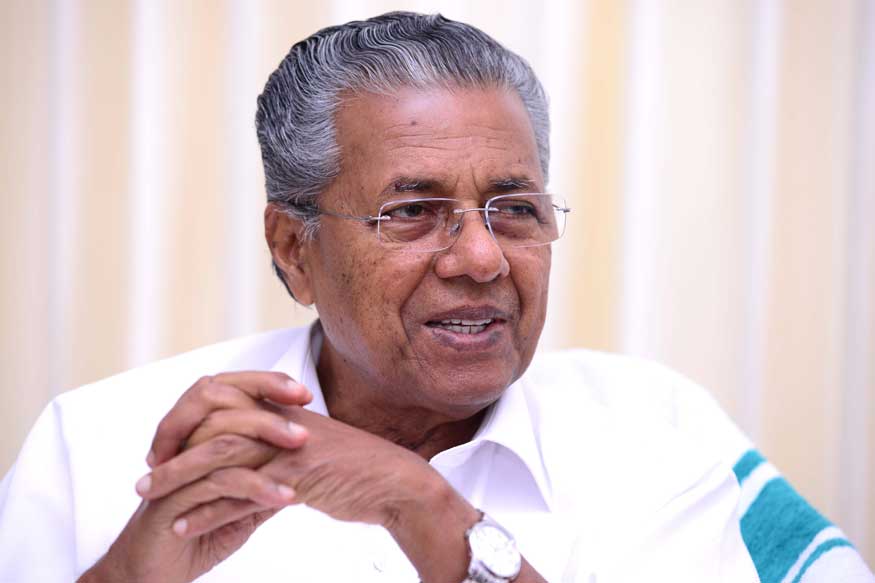In a paradox that makes one question the entire thought process of the communist government, Kerala has declared that they are going to reject the farm laws. While these bold sentiments may resonate with a certain section of people, what Kerala Government doesn’t seem to realise is that the Agriculture Produce Marketing Committee(APMC) Act, 2003 was never notified in the state. Thus, without implementing the APMC Act, the communist government is extending support to the farmers, who are essentially protesting to ensure the existence of the APMC system.
In furtherance to this absurd notion, the Kerala government has decided to convene a special session of the assembly, on December 23, to pass a resolution against the farm laws. State Finance Minister Thomas Isaac said that during the session, the members will discuss & reject the three farm laws. In this regard, the state government will approach Governor Arif Mohammad Khan to call a special assembly session.
Kerala Cabinet has decided to convene a special Assembly session on December 23 before the scheduled budget session to discuss & reject the three controversial farm laws. Kerala stands in solidarity with the agitating farmers: State Finance Minister Thomas Isaac (file photo) pic.twitter.com/WjP4uV51s3
— ANI (@ANI) December 21, 2020
According to sources, Kerala CM Pinarayi Vijayan and Leader of Opposition Ramesh Chennithala, who is affiliated with the Congress party, have reached a consensus in this regard and the resolution is likely to be passed unanimously. Congress, on its part, has left no stone unturned to spread misconceptions and instigate the farmers to protests against the central government. This action is also in essence, an eyewash since the underlying basis of the farm protests seems amiss from the entire state of Kerala.
Since the central government passed the three farm laws, farmers have been protesting because they feel the laws would diminish the power of the APMCs and allow private players to have greater sway in buying the agricultural produce. This rationale is the crux of the protests. However, Kerala is one of the few states in the country which do not have the APMC system. There are no statutory regulations prevailing and neither are there any controls for the agricultural market.
The Modi Government, through various initiatives, have tried to reasonably explain to the farmers that even after the implementation of the new farm laws, the APMC system would remain intact. However, due to the influence of political motivations and other untoward elements, the farmers continue to protest, citing the endangerment of APMCs. Kerala Government has taken one step forward and has decided to boycott the laws, without even having the APMC system in the first place.
In order to be logically sound, the communist government, first of all, needs to bring the APMC Act into existence, and then, if they so wish, extend solidarity to those fearing for its continuity. On the other hand, if this is a simple political stunt of appeasement, then the status quo is good to go.
